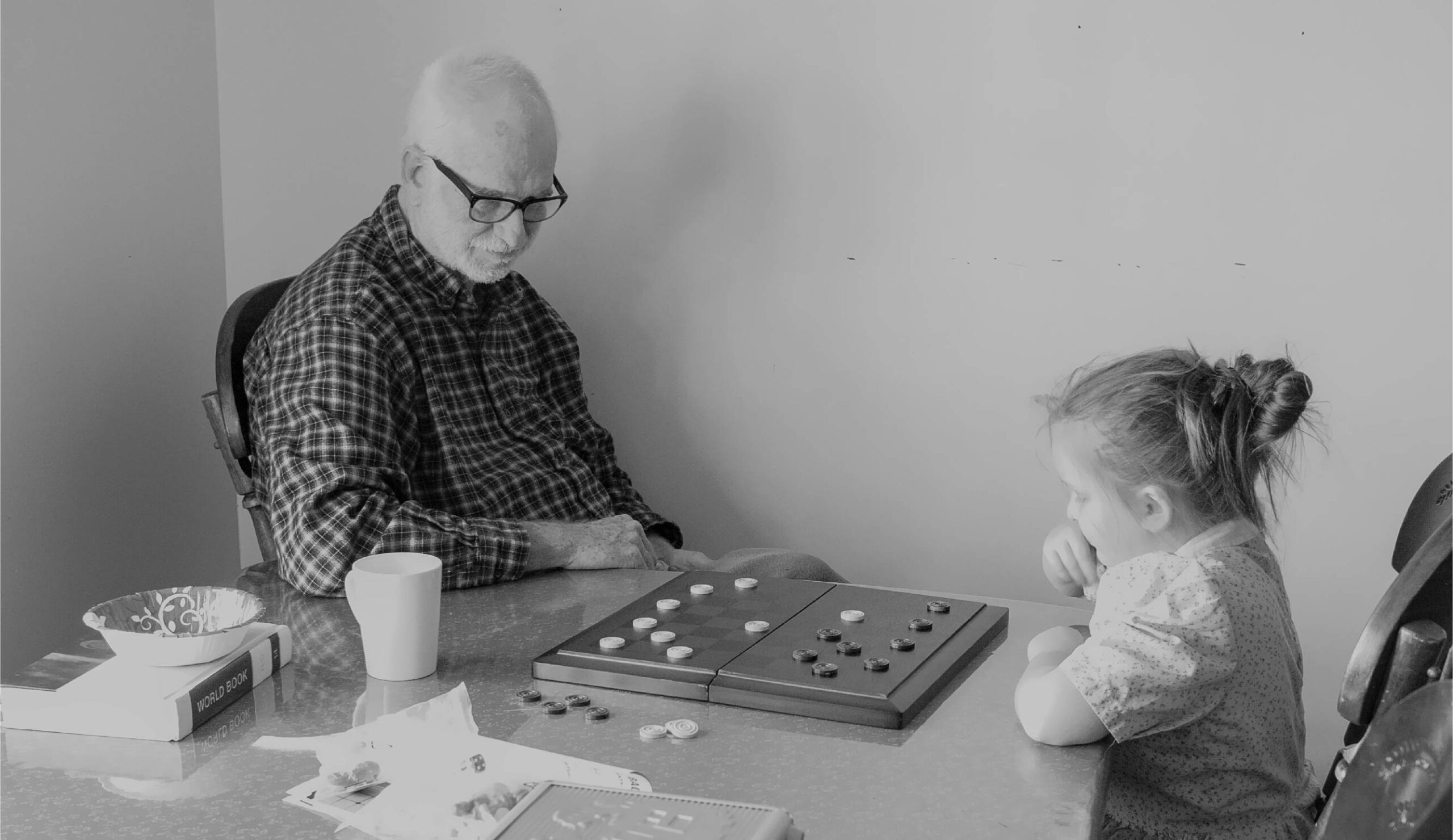Probate court serves as the gateway for administering the estates of deceased individuals, overseeing a range of matters crucial to estate settlement. Here’s a glimpse into what happens within the probate court:
- Filing the Petition: The probate process typically begins with the filing of a petition in probate court, initiating formal proceedings for estate administration. This petition outlines key details about the deceased person’s estate and requests the court’s intervention in resolving estate matters.
- Appointment of Personal Representative: Upon receiving the petition, the probate court appoints a personal representative (executor or administrator) to manage the estate’s affairs. This individual is tasked with inventorying assets, paying debts and taxes, and distributing remaining assets to beneficiaries according to the will or state law.
- Validation of the Will: If the deceased person left a valid will, the probate court validates it through a formal process known as probate. This involves verifying the authenticity of the will and ensuring that it meets all legal requirements for validity. Once validated, the will becomes the guiding document for estate distribution.
- Administration of the Estate: With a personal representative appointed and the will validated, the probate court oversees the administration of the estate. This includes gathering and inventorying assets, notifying creditors, paying debts and taxes, and distributing remaining assets to beneficiaries.
- Probate Hearings and Proceedings: Throughout the probate process, various hearings and proceedings may take place in probate court. These may include hearings to approve the personal representative’s actions, resolve disputes among beneficiaries or creditors, and address any challenges to the validity of the will.
- Resolution of Disputes: Probate court serves as a forum for resolving disputes that may arise during the estate administration process. This could include disputes over the interpretation of the will, claims of undue influence or fraud, or challenges to the appointment of the personal representative.
- Final Distribution and Closing: Once all debts have been paid, and assets distributed, the personal representative submits a final account to the probate court for approval. Upon review and approval by the court, the estate is closed, and the personal representative is discharged from their duties.
- Legal Representation and Guidance: Given the complexity of probate proceedings, individuals involved in estate administration often seek legal representation from probate attorneys. These professionals provide guidance, advocacy, and expertise to navigate the probate process effectively and protect the interests of all parties involved.
In essence, probate court plays a vital role in overseeing the orderly settlement of estates, ensuring that the wishes of the deceased are honored, and disputes are resolved fairly and efficiently. Understanding the workings of probate court can help individuals navigate the estate administration process with confidence and clarity.
